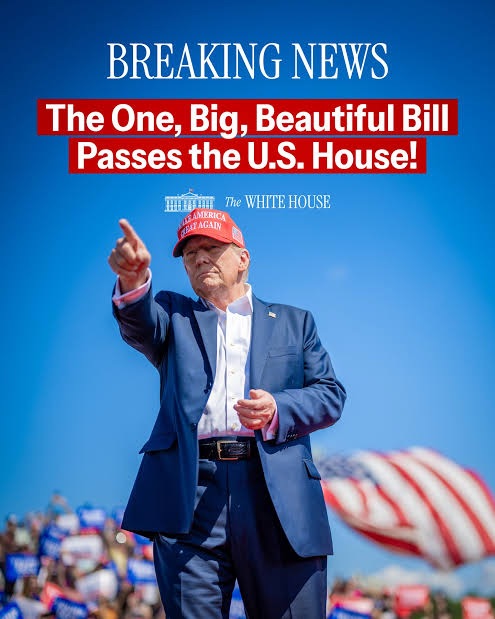As the U.S. government shutdown presses into its seventh day, health care takes center stage in negotiations, with Democrats advocating for the extension of subsidies critical to millions who rely on the Affordable Care Act (ACA) for insurance. The ongoing impasse has reshaped the political landscape, bringing to light stark divisions within the Republican Party over the health care law while underscoring Democratic resolve to capitalize on public anxiety about rising health costs.
Democrats assert that health care is a pressing issue for the American public, calling for an extension of subsidies initiated during the COVID-19 pandemic, which are poised to expire at the year's end as many receive notices of upcoming premium increases. Meanwhile, Republicans exhibit varying stances, with some expressing willingness to extend these subsidies, albeit contingent upon the government's reopening.
Texas Rep. Chip Roy stated that inaction could leave Republicans accountable for detrimental outcomes. Echoing this, Senate Majority Leader John Thune articulated a desire to discuss reforms to the ACA, yet emphasized that negotiations hinge on reopening the government first.
Republicans, led by prominent figures like House Speaker Mike Johnson, argue that the ACA has failed and insist that reforms are necessary before any extensions are considered. This sentiment fuels the ongoing stalemate, as the government shutdown not only impacts federal employees but also leaves millions uncertain about their health care future.
Among GOP voices, some, such as Senator Josh Hawley of Missouri, have begun to advocate for a practical approach, recognizing constituents' concerns over skyrocketing premiums and a need for timely solutions. Others, like Rep. Marjorie Taylor Greene, express apprehension about the repercussions of maintaining the ACA despite their hesitations regarding its effectiveness.
As negotiations continue without a clear resolution, the pressure intensifies on leaders to reach a consensus. With public opinion swaying and enrollment deadlines approaching, both parties face crucial decisions that could redefine health care in a polarized political environment.




















